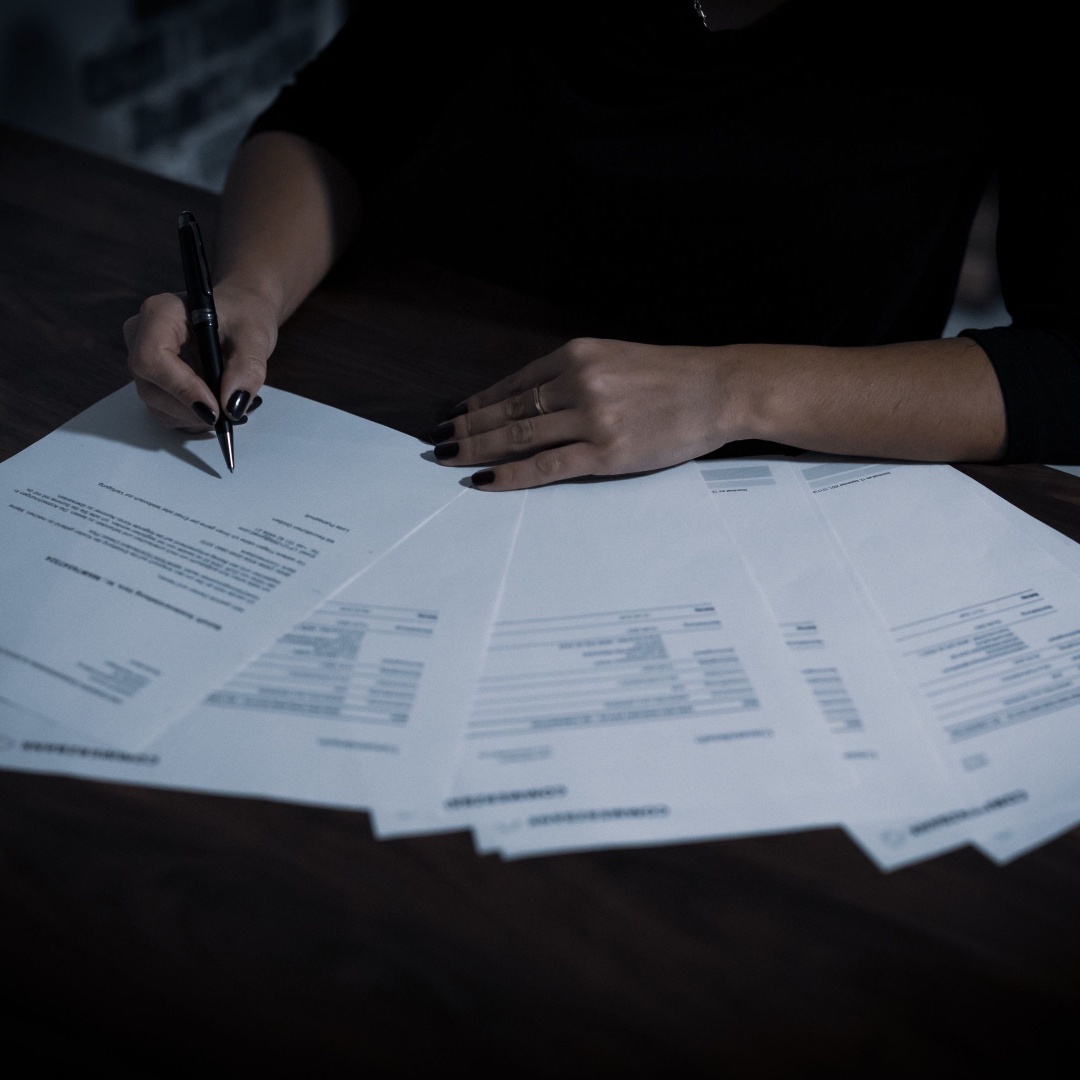The process for Qatar Embassy document Legalisation involves several steps to ensure the authenticity and validity of documents intended for use in Qatar. First, the document must undergo authentication by the relevant authorities in the issuing country, such as a notary public or government department. Once authenticated, the document is then submitted to the Qatar Embassy or Consulate for further verification. This typically includes the embassy affixing an official stamp or seal to the document, confirming its legitimacy for use in Qatar. Finally, the legalized document may need to be translated into Arabic, depending on the requirements of the receiving party in Qatar.
Why is Qatar Embassy Legalisation Necessary for Your Documents?
Qatar Embassy Legalisation is necessary to authenticate documents for use in Qatar, ensuring they meet the legal and regulatory standards of the country. Without proper Legalisation, documents may be deemed invalid or unrecognized by authorities in Qatar, leading to delays, rejections, or legal complications. Whether it's for business transactions, employment purposes, educational pursuits, or personal matters, having documents legalized by the Qatar Embassy provides assurance of their authenticity and acceptance within the country. It's a critical step in facilitating smooth communication and transactions between individuals, businesses, and institutions across international borders.
How Long Does it Take to Get Documents Legalized at the Qatar Embassy?
The time it takes to get documents legalized at the Qatar Embassy can vary depending on several factors, including the volume of applications, the complexity of the documents, and the efficiency of the embassy's processing procedures. In some cases, the Legalisation process may be completed within a few business days, especially for straightforward documents with all necessary requirements fulfilled. However, for more complex cases or during peak periods, the process may take longer, ranging from several days to a few weeks. It's advisable to inquire about the estimated processing time and plan accordingly to avoid any delays in your document Legalisation process.
What Are the Requirements for Qatar Embassy Document Legalisation?
The requirements for Qatar Embassy document Legalisation typically include the following:
The original document(s) to be legalized
Proof of authentication by the relevant authorities in the issuing country
Completed application forms for Legalisation
Valid identification of the applicant
Payment of applicable fees
Additional documents or information as requested by the embassy
It's essential to carefully review the specific requirements for your documents and ensure all necessary documents and information are provided to expedite the Legalisation process efficiently.
What is the Importance of Overseas Legalisation?
Overseas Legalisation holds significant importance in facilitating international transactions, ensuring the recognition and acceptance of documents across borders. One primary reason for its importance is to validate the authenticity of documents issued in one country for use in another. Legalisation provides assurance to foreign authorities, businesses, and institutions that the documents meet the required standards and have undergone proper verification processes. This is especially crucial in legal matters, such as contracts, agreements, and court documents, where the validity of the document can impact the outcome of legal proceedings.
Furthermore, overseas Legalisation plays a vital role in promoting transparency and trust in international dealings. By adhering to the Legalisation process, individuals and organizations demonstrate their commitment to upholding legal and regulatory standards, fostering confidence among parties involved in cross-border transactions. This helps mitigate the risk of fraud, misrepresentation, and disputes, thereby facilitating smoother communication and cooperation between countries.
Moreover, overseas Legalisation is essential for ensuring compliance with the laws and regulations of the receiving country. Many countries require foreign documents to undergo Legalisation to confirm their authenticity and validity before they can be accepted for various purposes, such as employment, education, immigration, and business activities. Failure to comply with these requirements can result in delays, rejections, or even legal consequences, hindering individuals and businesses from achieving their objectives abroad.
In summary, the importance of overseas Legalisation lies in its role in validating the authenticity of documents, promoting transparency and trust, and ensuring compliance with foreign laws and regulations. By obtaining proper Legalisation for their documents, individuals and organizations can navigate international transactions with confidence and credibility, paving the way for successful engagements and collaborations across borders.
How Long Does Overseas Legalisation Take?
The duration of overseas Legalisation can vary depending on several factors, including the specific requirements of the receiving country, the complexity of the documents, and the efficiency of the Legalisation process. In some cases, the process may be completed relatively quickly, within a few days or weeks, especially for straightforward documents with all necessary requirements fulfilled.
However, for more complex cases or during peak periods, the Legalisation process may take longer, extending from several weeks to several months. Factors such as the volume of applications, the availability of embassy or consulate staff, and any additional steps required for verification or authentication can contribute to delays in the process.
It's essential for individuals and organizations to plan ahead and factor in the potential time required for overseas Legalisation when initiating international transactions or activities. This includes gathering all necessary documents, submitting applications in a timely manner, and staying informed about the specific requirements and processing times of the relevant authorities.
Moreover, utilizing expedited or express services, when available, may help expedite the Legalisation process and minimize delays. However, it's important to note that expedited services may incur additional fees, so individuals and organizations should weigh the cost against the urgency of their needs.
In conclusion, the time it takes for overseas Legalisation can vary depending on various factors, and individuals and organizations should be prepared for potential delays by planning ahead and staying informed about the requirements and processing times involved.


No comments yet